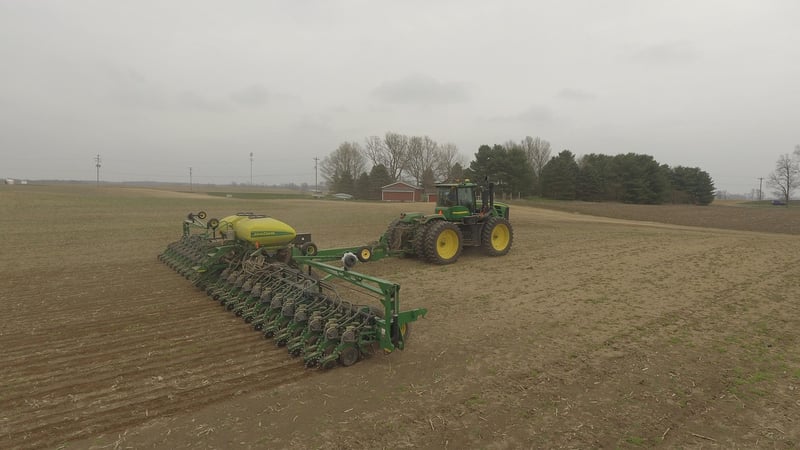Vertical Planters
Tips for Making the Most of Limited Spaces with Vertical Planters
Living in a small space doesn't mean you have to sacrifice having a green oasis. Vertical planters are a fantastic solution for those with limited space, allowing you to bring the beauty of nature into your home without taking up valuable floor space. Here are some tips to help you maximize your greenery in a small area:
1. Choose the Right Plants
Opt for plants that thrive in vertical environments, such as ivy, succulents, ferns, and trailing plants like pothos. These plants are well-suited to growing upwards and won't overwhelm your space.
2. Consider Light Conditions
Make sure to place your vertical planter in a spot that receives adequate sunlight for the types of plants you've chosen. Consider using grow lights if natural light is limited.
3. Watering and Drainage
Ensure your vertical planter has proper drainage to prevent water buildup. Consider using a drip irrigation system or a planter with built-in watering features to make maintenance easier.
4. Vertical Garden Design
Get creative with your vertical garden design by arranging plants of different sizes and textures. Mix and match colors to create a visually appealing display that adds interest to your space.
5. Utilize Wall Space
Don't limit yourself to traditional planters – consider using wall-mounted planters, hanging baskets, or even repurposed items like old crates or pallets to create a unique vertical garden that fits your style.
6. Maintenance and Care
Regularly check your vertical planter for signs of pests, overwatering, or nutrient deficiencies. Prune your plants as needed and fertilize them to promote healthy growth.
By following these tips and getting creative with your vertical planter setup, you can enjoy the benefits of a lush indoor garden even in the smallest of spaces.

For more inspiration and ideas on vertical planters, check out our vertical gardening guide.
